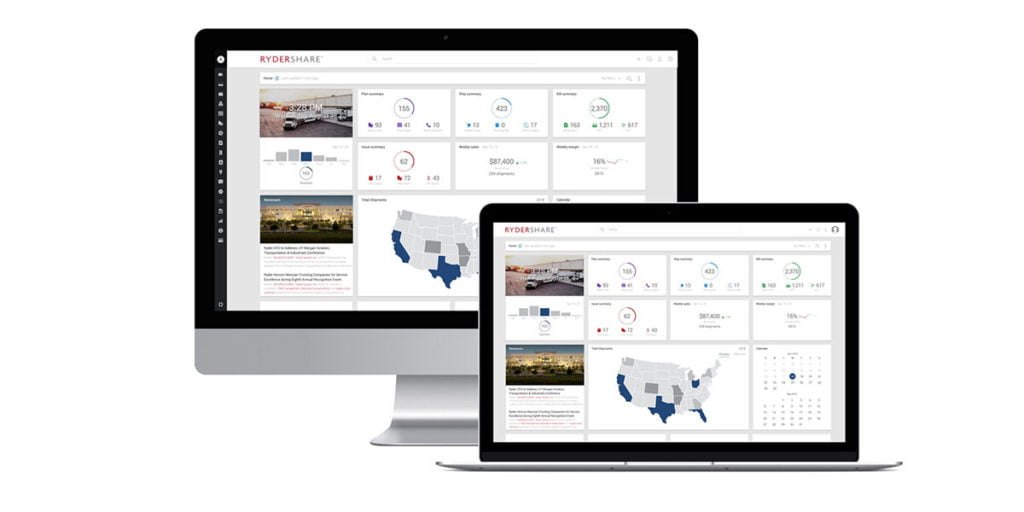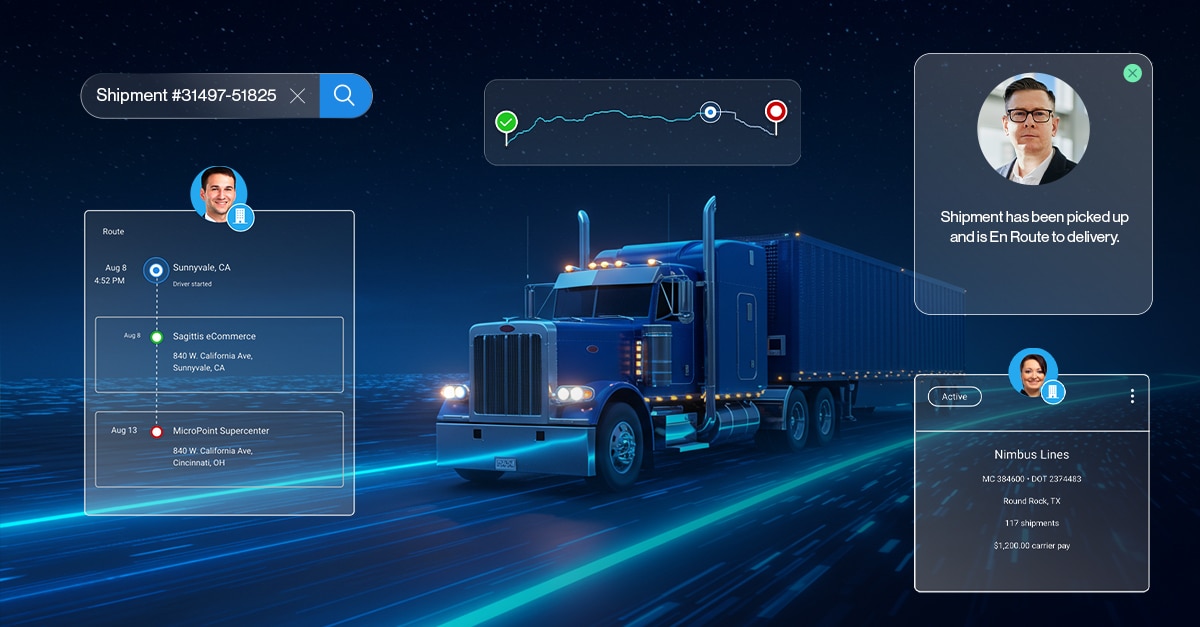In today’s competitive logistics landscape, where demands for efficiency and sustainability are ever-increasing, mastering fleet management is more crucial than ever. Fleet management involves much more than simply overseeing vehicles and drivers; it requires integrating cutting-edge technology and implementing strategic practices to ensure operational success. This blog explores how advanced fleet management strategies can help businesses not only meet modern challenges but also drive substantial growth and efficiency.

How Turvo’s Automations Turn Daily Ops Into an Advantage
See how Turvo’s automation, machine learning, and optimization algorithms help operations managers boost productivity, cut errors, and spark innovation.








